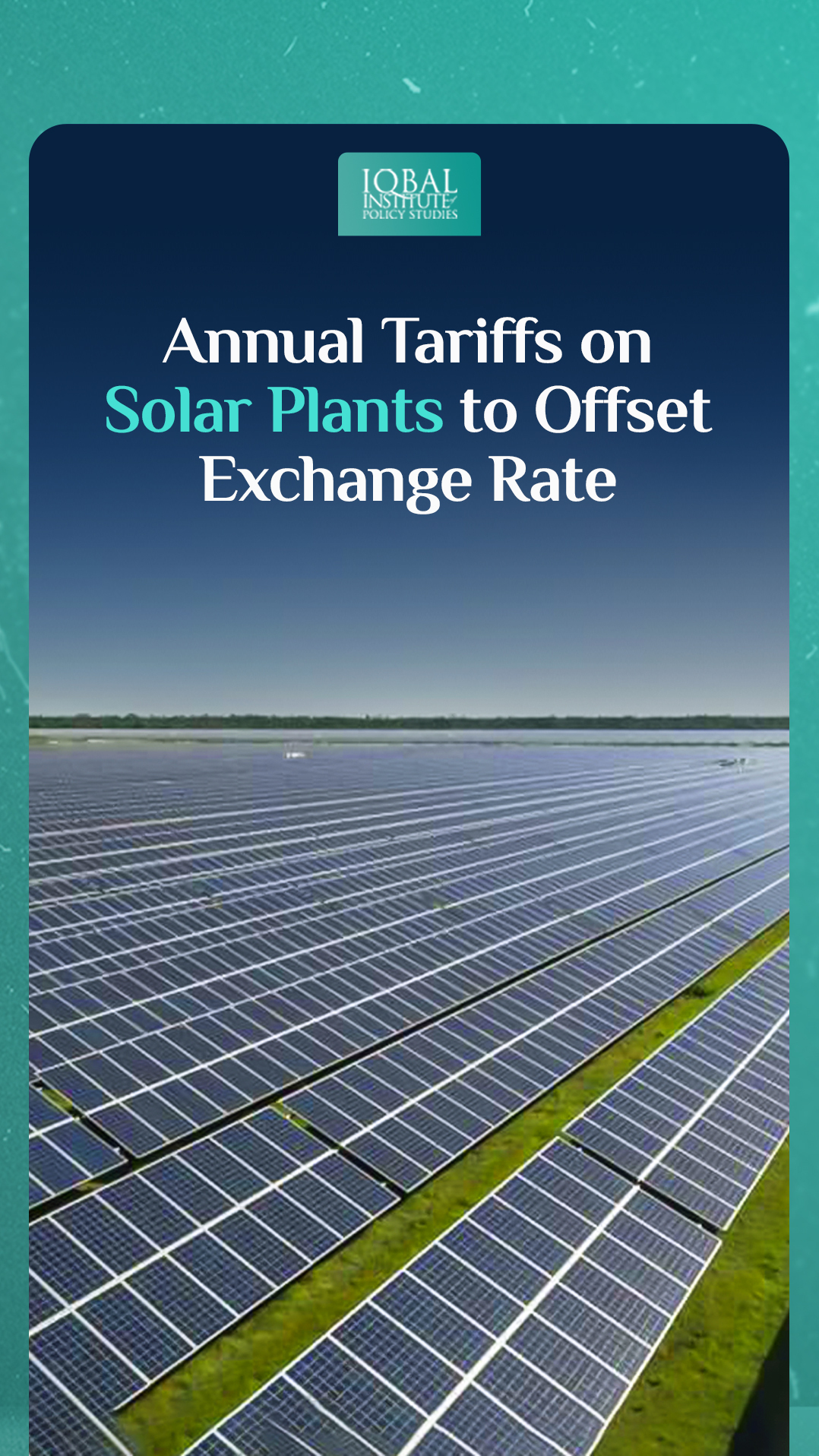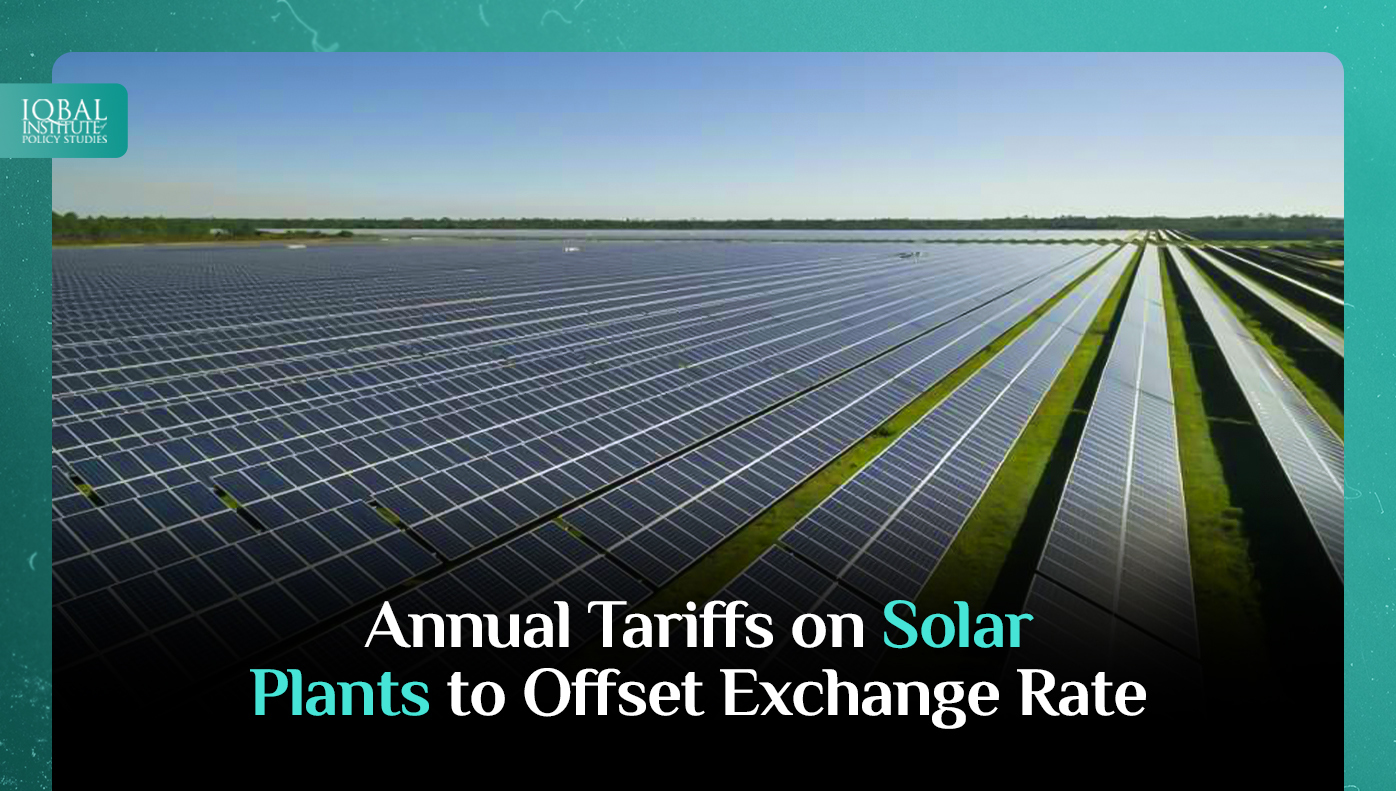Pakistan is currently facing many economic challenges that include inflation, the energy crisis and the devaluation of the currency. The government has imposed taxes and tariffs on many goods to make the domestic economy strong and reduce imports. The government is working on taking various steps to address these challenges. In response to developing an optimal framework for addressing the country’s energy woes, the authorities have decided to impose tariffs on new solar plants annually rather than quarterly following fluctuating USD/PKR rates. As a substitute for expensive imported fossil fuels, it was important to take this decision.
By developing and investing in large-scale solar power projects, existing thermal power plants are fueled by expensive fossils. Standard concession agreements are also required for the development of solar power projects. It will also help in avoiding unnecessary long negotiations with investors. Pakistan’s energy crisis will lead to inflation as industries will have to pay higher electricity prices. It has already become unaffordable, due to which the production is also decreasing. Trade barriers on solar power will hinder access to energy resources. The solar power energy projects will lower production costs for industries, make it affordable for the population to combat rising electricity prices and conserve limited energy resources such as gas, oil, water etc.
Earlier, the government of Pakistan imposed tariffs on new solar plants quarterly. By imposing tariffs annually, the energy sector will get a boost. Due to installing solar power plants, Pakistan will not need to import expensive energy resources. It will save the foreign reserves, improving the exchange rate‘s value. The low production costs will increase the production of exports. Moreover, the high inflation in the country will also be controlled. Most importantly, it is a renewable energy resource, and it will reduce the carbon print on earth and provide low-cost electricity.



Leave a Reply